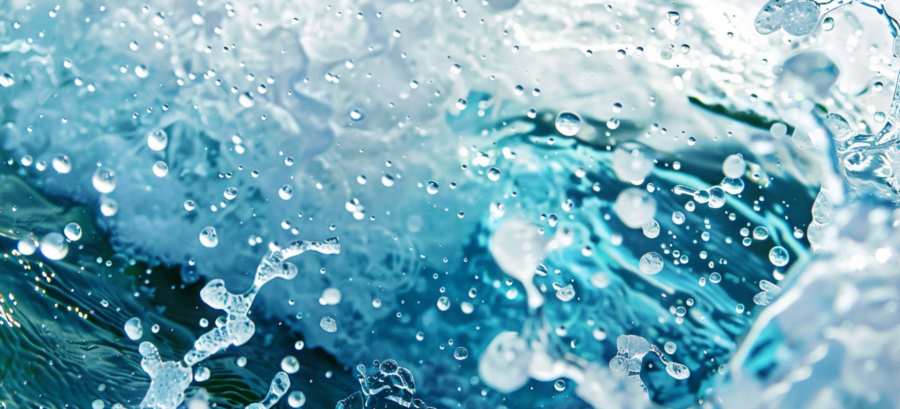The Hidden Perils of Non-Compliance
Ignoring water safety regulations is like ignoring a leaky faucet – it might seem manageable now, but the consequences can be catastrophic. From bacteria like Legionella to contaminants like lead, an unsafe water supply can turn your business into a hotspot for health hazards. Besides the obvious health risks, failing to comply with regulations can lead to hefty fines and damage to your business’s reputation.Health regulations for water safety are in place for a reason. They ensure that the water flowing through your taps is safe for consumption and use. To remain compliant, businesses must adhere to strict standards regarding water quality, regular testing, and documentation. Falling short can mean serious legal and financial repercussions, not to mention the potential harm to those who rely on your water.
Professional Risk Assessments: Your Best Defense
Conducting a risk assessment might not sound like the most exciting task, but it’s essential for identifying potential issues before they become serious problems. Professional risk assessments are your best defense against water safety threats. These assessments involve a thorough examination of your water systems, identifying hazards, and recommending measures to mitigate risks.Professionals in this field are trained to spot the subtle signs of trouble that an untrained eye might miss. They use advanced techniques and equipment to analyze water quality, inspect pipes, and evaluate your overall water management practices. Their expertise ensures that no stone is left unturned, and every possible risk is addressed.
Keeping Up with Regular Testing
Regular testing is the cornerstone of water safety compliance. It’s not a one-and-done task; it requires ongoing vigilance. Scheduled water testing helps ensure that your water quality remains within safe limits and that any emerging issues are caught early. This proactive approach can save your business from potential crises down the line.Water testing should include checking for microbiological contaminants, chemical residues, and other pollutants. It’s a comprehensive process that needs to be performed at regular intervals. Depending on your business type and water usage, the frequency of these tests may vary, but consistency is key.
Investing in Modern Water Systems
Upgrading to modern water systems can be a game-changer for maintaining compliance and ensuring safety. Newer systems often come equipped with advanced filtration and monitoring technologies that make it easier to maintain high water quality standards. Investing in these systems might require an initial outlay, but the long-term benefits far outweigh the costs.Modern water systems can automatically alert you to potential issues, ensuring you can address them promptly. They can also provide detailed data on water usage and quality, helping you stay compliant with regulations more efficiently. For businesses looking to future-proof their water safety, embracing modern technology is a wise step.
Employee Training: Knowledge is Power
Educating your staff about water safety and compliance is crucial. After all, your employees are on the front lines, using and interacting with the water systems daily. Providing training on how to recognize potential issues and the importance of regular maintenance can significantly enhance your overall water safety strategy.Training sessions can cover topics like recognizing signs of contamination, understanding the importance of hygiene in water management, and proper reporting procedures if an issue is detected. By empowering your employees with knowledge, you create a vigilant workforce that helps uphold your business’s water safety standards.
Partnering with Water Safety Experts
Sometimes, the best course of action is to bring in the big guns. Partnering with water safety experts can provide your business with an added layer of assurance. These professionals can offer specialized services such as advanced risk assessments, remediation strategies, and ongoing support to ensure your water systems remain compliant and safe.Water safety experts stay up-to-date with the latest regulations and technological advancements, ensuring your business benefits from the most current knowledge and practices. Their expertise can be invaluable, particularly for businesses with complex water systems or those operating in highly regulated industries.
Wrapping Up
Ensuring your business’s water supplies are compliant with health regulations is not just a legal obligation but a fundamental aspect of providing a safe environment for your employees and customers. By conducting regular risk assessments, investing in modern systems, training your staff, and partnering with experts, you can navigate the complexities of water safety with confidence.Water may be a simple substance, but its management requires diligence and expertise. By taking proactive steps and prioritizing water safety, your business can avoid the pitfalls of non-compliance and create a safer, healthier workplace. So, water you waiting for? Dive into action and ensure your water supply is up to standard – your employees and customers will thank you.
Article kindly provided by absolute-water.co.uk

